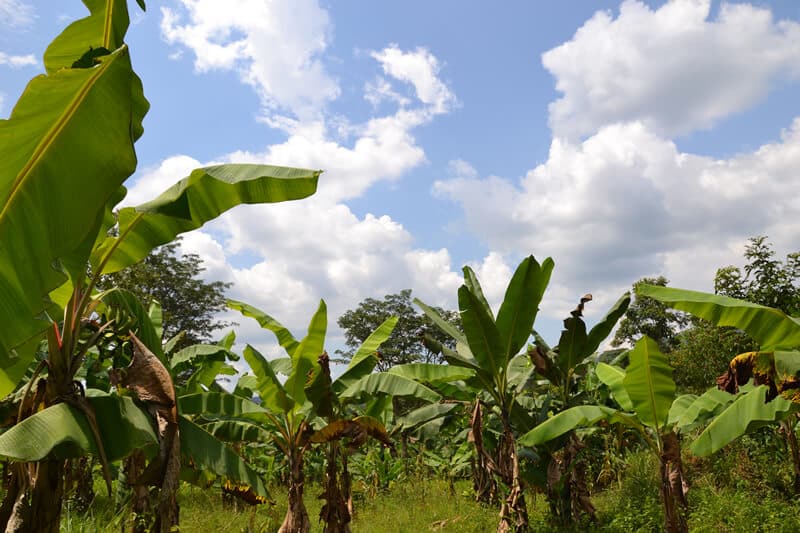OUR FLAGSHIP PROJECT
OCT 2022
We offer a unique opportunity for key influencers with different positions and interests to listen, learn and reflect on the important issues and trends as they relate to agriculture and agribusiness in the Lake region.
Although much of Lake Region is considered to have good potential for agriculture, with medium elevation, deep, well drained soils, and relatively high rainfall that permits two growing seasons, the Lake region’s agricultural sector is characterized by small-scale farms that produce food largely for domestic consumption. The state of poverty in the region mirrors the well documented African narrative of poverty in the midst of plenty.
Crop productivity is consistently low compared to other regions in the country. Farming in the Lake region is overwhelmingly subsistence oriented with limited commercial output. A substantial proportion of the food consumed in the region – including maize, potatoes, onions, vegetables, milk, rice, eggs and bananas—is imported from other regions in the country and from as far as Uganda, Tanzania.
The rapidly growing population, especially in towns and cities, coupled with the impacts of climate change and the scarcity of both land and water are threatening natural resources and present major challenges for the region’s agricultural and food sectors. The high level of youth unemployment and a lack of services in rural areas are causing young people mindful of their futures to migrate to towns and cities.
Some of the reasons that have been cited for the region’s low agricultural productivity, include:
- The still widespread use of traditional farming methods;
- Cultural practices that include generational subdivision of land for inheritance purposes;
- Over cultivation of ever decreasing farmland to feed a growing populations;
- The high prevalence of crop diseases and pests;
- Over reliance on increasingly unpredictable rainfall;
- Historically low investment in agricultural infrastructure in the region;
- Combination of high input cost and weak marketing channels.
The Ohala Kenya Foundation seeks to catalyze honest conversations and strategic collaborations among various public and private stakeholders to address the key factors that constrain commercial agriculture in the region.

